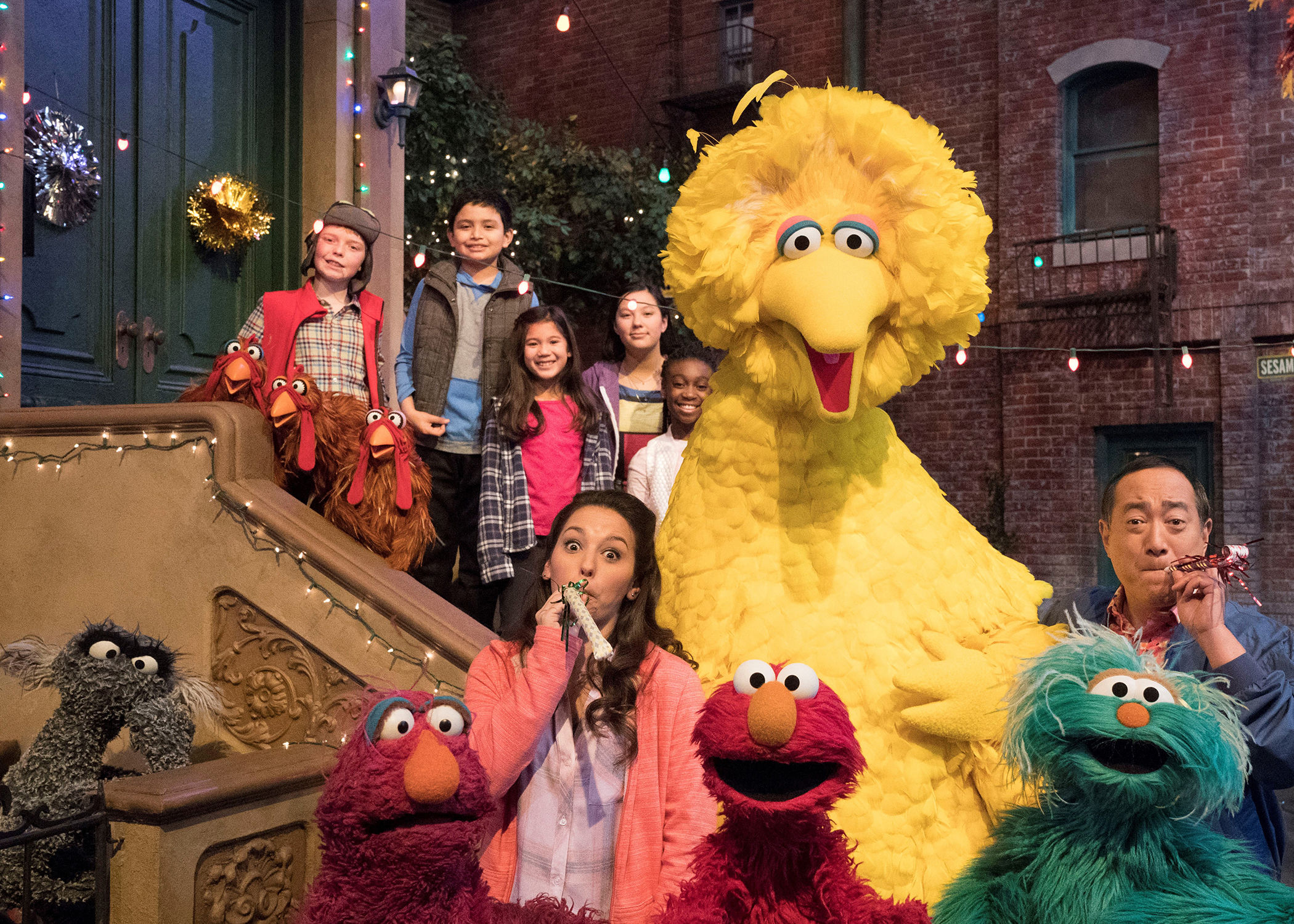House Republicans Take Fresh Aim at Big Bird
Appropriations bill passed out of subcommittee is silent on public media funding

The smarter way to stay on top of broadcasting and cable industry. Sign up below
You are now subscribed
Your newsletter sign-up was successful
House Republicans are once again trying to zero out funding for noncommercial media.
Public media groups such as PBS and NPR have long drawn the ire of some Republicans, who claim they are liberal outlets often carrying water for Democrats. Other members of the GOP — including at least one prominent Republican who knows a lot about noncommercial media — funding, support the Corporation for Public Broadcasting as a nonprofit news and entertainment outlet crucial to early education.
But the Republican-controlled House Appropriations Education Subcommittee on Friday (July 14) voted to zero out funding for CPB starting in 2026. Public media are forward-funded in an effort to avoid the sort of political football game that, despite that effort, its funding became at the hands of angry Republicans.
That group included former President Donald Trump, who tried to zero out funding in 2017.
The reduction is part of $64 billion in cuts the bill makes across numerous programs. At the markup Friday (July 14), subcommittee ranking member Rep. Rosa DeLauro (D-Conn.) likened those cuts to attempting to “end public education in America,” both in the media and elsewhere, and branded the bill the “Every Child Left Behind” Act.
CPB is currently slated to get $535 million in 2026, all of which would go away if the funding bill reported out of subcommittee actually made it into law. It would be one of 60 programs slated for elimination in the bill, which Republicans say is all about returning to fiscal responsibility.
Subcommittee chairman Robert Aderholt (R-Ala.) said the cuts were about reining in “reckless D.C. Beltway spending.” He said the bill’s cuts were only a "first step." He also said the bill maintained funding for “high value” programs, which definitely sent a clear message to public media about how much they were valued by Republicans on the subcommittee.
The smarter way to stay on top of broadcasting and cable industry. Sign up below
Those media outlets got the message.
“This is a dark day for America’s Public Television Stations, and we are only one of the casualties of a severe cutback that would also affect other important national institutions,” APTS president Patrick Butler said.
Previous Republican efforts to zero out noncom funding have failed and Butler is hoping for a similar result. “We remain hopeful that the strong bipartisan support for public media, both in Congress and among the American people, will ultimately result in full funding for CPB, system interconnection and infrastructure and Ready To Learn as the appropriations process moves forward,” he said.
The bill also zeros out funding for CPB's Ready To Learn preschool educational effort and $60 million in funding for technical infrastructure.
CPB is headed by Republican Pat Harrison, the longest-serving president in its history and former co-chair of the Republican National Committee. She has said Republican-backed cuts would “devastate and ultimately destroy public media’s role in early childhood education, public safety, connecting citizens to our history and promoting civil discussions for Americans in rural and urban communities alike.”
“Americans in rural and urban communities who depend upon public media content and services are very disappointed by the House Labor-H subcommittee’s move to eliminate CPB’s two-year advance funding," Harrison said following the vote. "The elimination of this nearly 50-year funding structure would destroy the firewall that protects public media’s independence, and significantly weaken the public-private partnership that enables stations to raise needed funds.
“Public media has always enjoyed strong bipartisan support, affirming its essential role in strengthening our nation’s civil society," she said. "The federal appropriation ensures universal access to free, high-quality, innovative, and diverse content that educates and enriches the public dialogue.”
The issue of noncommercial funding became a flashpoint in the 2012 presidential campaign, when Republican candidate Mitt Romney suggested during a debate that he liked Big Bird, just not well enough to keep funding the popular Sesame Street character. (Just three years later, in 2015, first-run episodes of the groundbreaking children’s show shifted to the private sector via a deal with HBO; episodes now run on streaming service Max before they play on public stations.)
Then, under the winner of that election, Democrat Barack Obama, the co-chairs of the President's National Commission on Fiscal Responsibility and Reform back in 2010 recommended zeroing out funding for CPB as one way to help save $200 billion. Obama wound up not acting on those and other recommendations that drew flak from various quarters, including Democratic fans of Big Bird.
Contributing editor John Eggerton has been an editor and/or writer on media regulation, legislation and policy for over four decades, including covering the FCC, FTC, Congress, the major media trade associations, and the federal courts. In addition to Multichannel News and Broadcasting + Cable, his work has appeared in Radio World, TV Technology, TV Fax, This Week in Consumer Electronics, Variety and the Encyclopedia Britannica.

